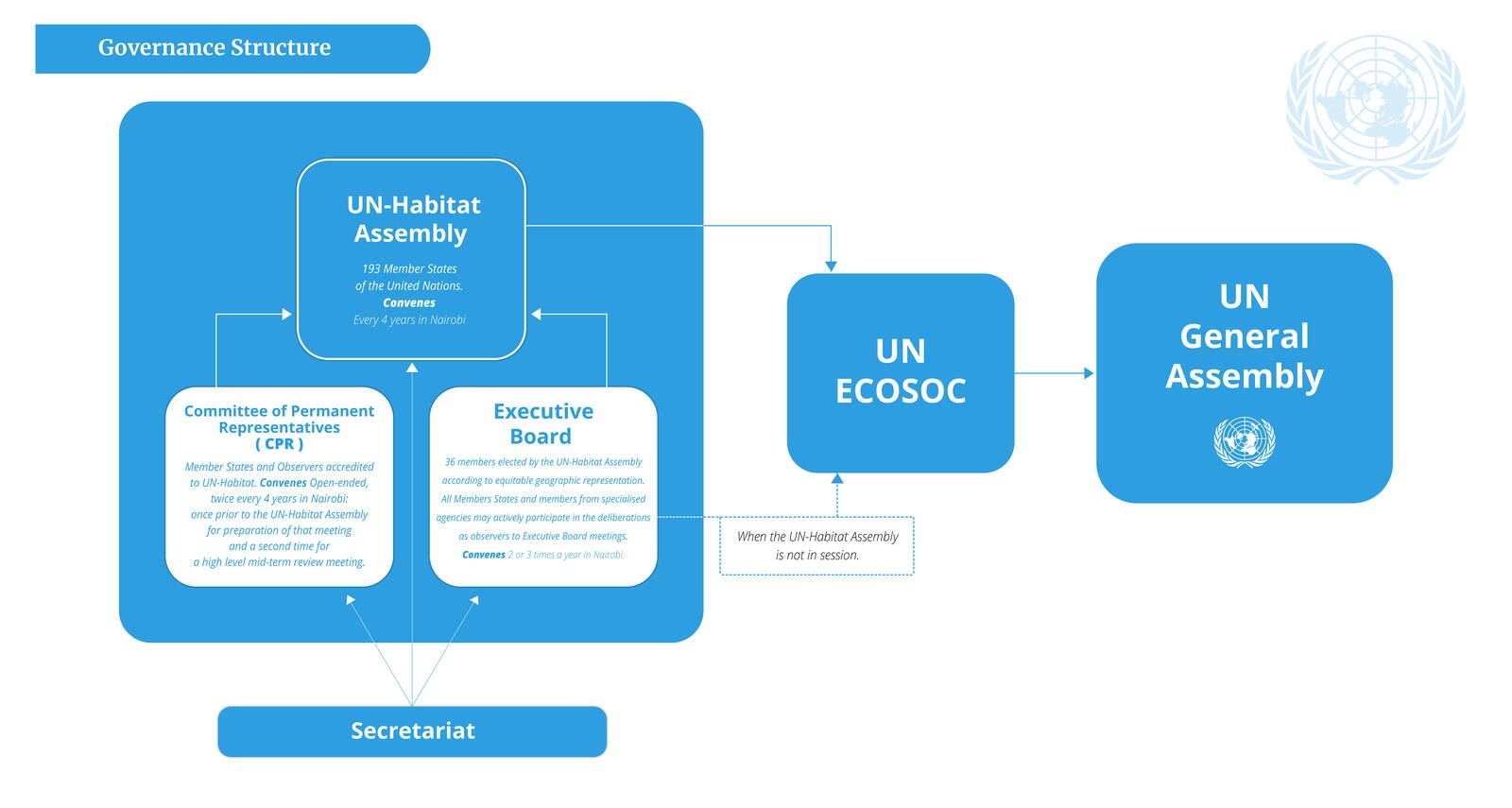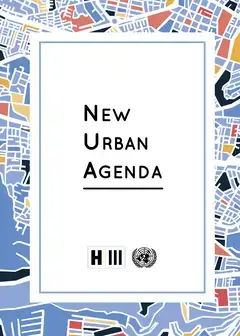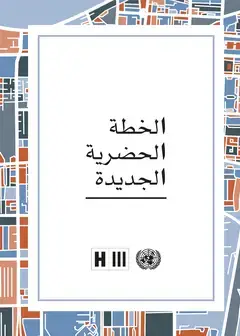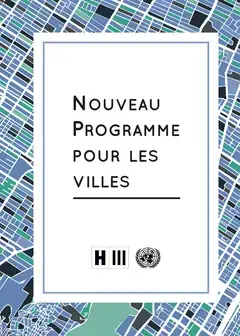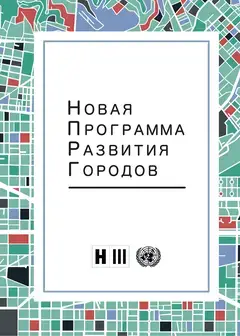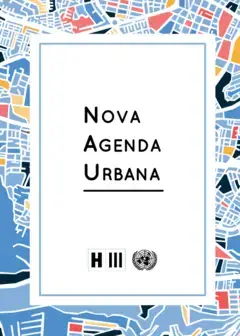About UN-Habitat
UN-Habitat works for a better urban future. Based in over 90 countries, we promote the development of socially and environmentally sustainable human settlements and strive for adequate shelter with better living standards for all.
Urbanization is happening at a phenomenal rate. Half the world's population now live in cities, and this is projected to increase to two-thirds by 2050. Cities face massive environmental, socio-economic and spatial challenges. Although they can be a hub for economic development, cities can also exacerbate inequalities. Today many urban residents lack water, sanitation, energy and public transport. With no land security, many cannot access affordable, adequate homes, jobs, schools and health care.
UN-Habitat, the United Nations programme for human settlements, was mandated by the UN General Assembly in 1978 to address issues of urban growth. We collaborate with governments and local partners to define the urban vision of tomorrow.
At UN-Habitat, we believe cities can solve many of the challenges our world faces. As a centre of excellence and innovation, we support countries and cities in taking advantage of the opportunities urbanization offers. Our high impact projects combine world-class expertise and local knowledge, and provide achievable, customizable and scalable solutions to the toughest urbanization problems. We want to ensure cities become inclusive and affordable drivers of economic growth, social development and environmental change.
UN-Habitat's objective is to advance sustainable urbanization as a driver of development and peace to improve living conditions for all.
A new focus for UN-Habitat
A new focus for UN-Habitat




The New Urban Agenda
Our Governance Structure
